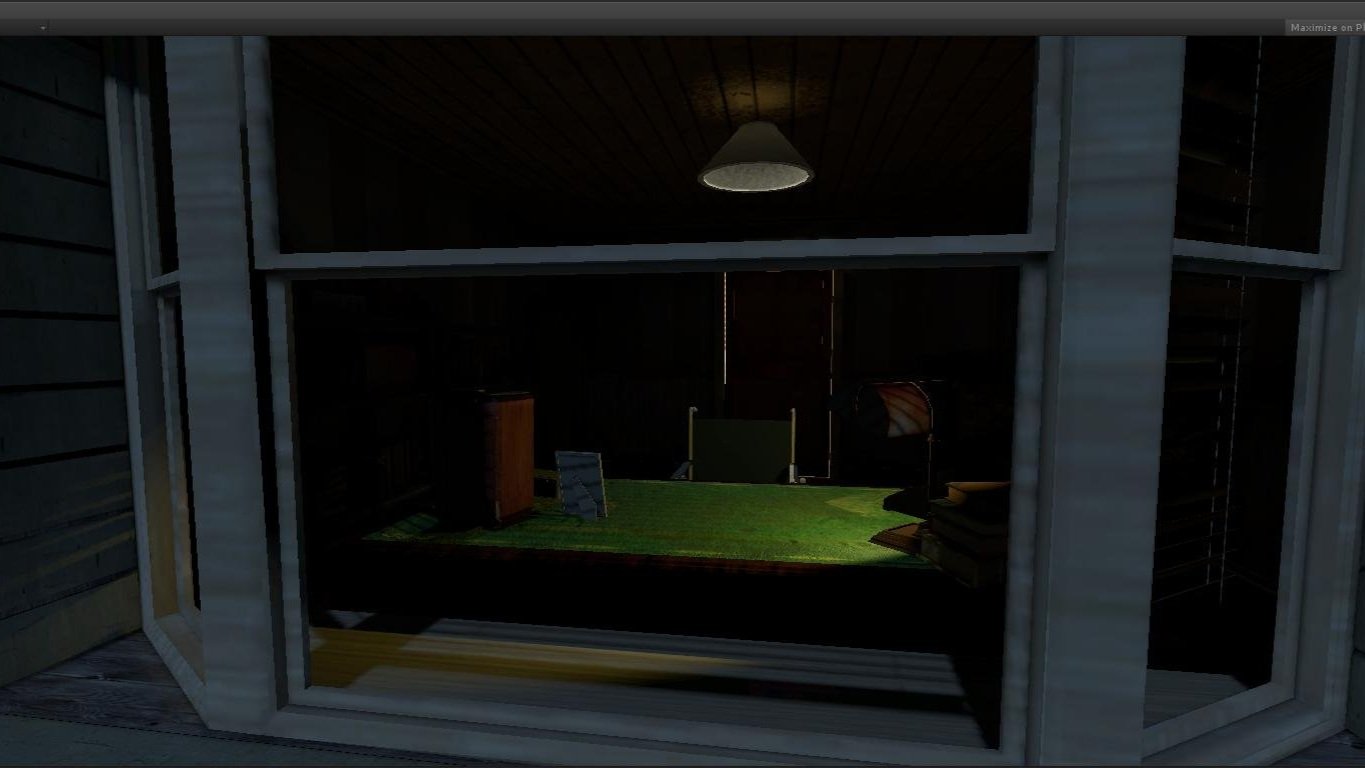Private Eye VR Soundtrack: Exploring Music For VR
Over the past year or so, I've been working on the development of a new virtual reality game called Private Eye VR (a neo-noir narrative detective game developed for the soon-to-be-released Oculus Rift headset) along with founders of the project Jake Slack and Penny Lunn.
Private Eye - Music For VR
Recently, work on the project has been helped with additional support provided by a grant from the Welcome Trust.
Private Eye explores physical and mental disability and is set in a rain-soaked 1950s New York cityscape. The game explores themes of memory loss, self-identity and isolation, all of which influence not only the game mechanic but also the sound design and, most importantly for me, the music!
A fortnight ago, as part of our Welcome Trust grant, the Private Eye team had an opportunity to interview two specialists at the Psychiatric Unit of the Warneford Hospital in Oxford. Amazingly, Dr Daniel Freeman and his colleague, computer scientist Angus Antley, are researching the therapeutic uses of virtual reality explicitly for treating psychiatric disorders at their dedicated VR laboratory based at the Warneford Hospital.
After an insightful conversation, we came away brimming with information and ideas about how best to present the psychiatric disorder(s) we were interested in portraying. I was particularly excited by the conversations about the importance of sound and music for VR in simulating and triggering physiological responses in the player!





Writing and producing music for VR is a fascinating experience. VR is inherently immersive, but as a composer, I'm interested in the effect VR has on focusing attention. There's something about wearing the headset that seems to amplify the senses, including auditory perception. Music in VR becomes more potent, and its influence on a scene is intensified. When combined with great dialogue and a beautiful, detailed 3D environment, the overall effect is simply magic!
We are now concentrating on completing the first episode of Private Eye to coincide with the launch of a Kickstarter campaign and the official release of the Oculus Rift in Q1 of 2016.
I've just finished a mockup of the Episode One credit sequence - A Long Ride Home, and I'd like to share the track with you in this post. It's a noir-sounding tune for a Jazz sextet featuring Piano, Guitar, Trumpet, Sax, Double Bass and Drums.
I asked Matt Baber of Sanguine Hum to play a Piano solo for this version of the tune. I recorded the guitar and piano as live performances, and the remaining parts are sequenced using VSL's Jazz Drums, Trumpet in C con sord, Tenor Saxophone and Double Bass. The piano in this recording is Cinesamples Piano in Blue, which seems fitting as the sample library, recorded using the original Steinway model D grand piano that lived at the famous 30th Street Columbia Studios, was used on Miles Davis' seminal album Kind of Blue.
Along with the VSL and Cinesamples instruments, I'm using VSL's Ensemble mixing host and Mir Pro Roompack 2 with the Teldex Studio Berlin loaded in a wide configuration. I'm also very fond of the Eastwest convolution reverb plugin Spaces, which I use on the Trumpet and Sax.
If you're interested in discovering more about Private Eye VR, please head over to the official Private Eye website and give us a like on Facebook if you'd like to support this project!
If you're developing a new virtual reality IP and are interested in collaborating with a composer, please send soundtrack enquiries using the button below. For details on my latest work and collaborations please visit my Home Page. Thanks!
Related Posts ↓







I believe music properly utilized is one of the most vital tools a game developer has to create a lasting impression on players.
In this blog, I want to share some objective evidence that supports my instinct about why music is a uniquely valuable asset in video games.